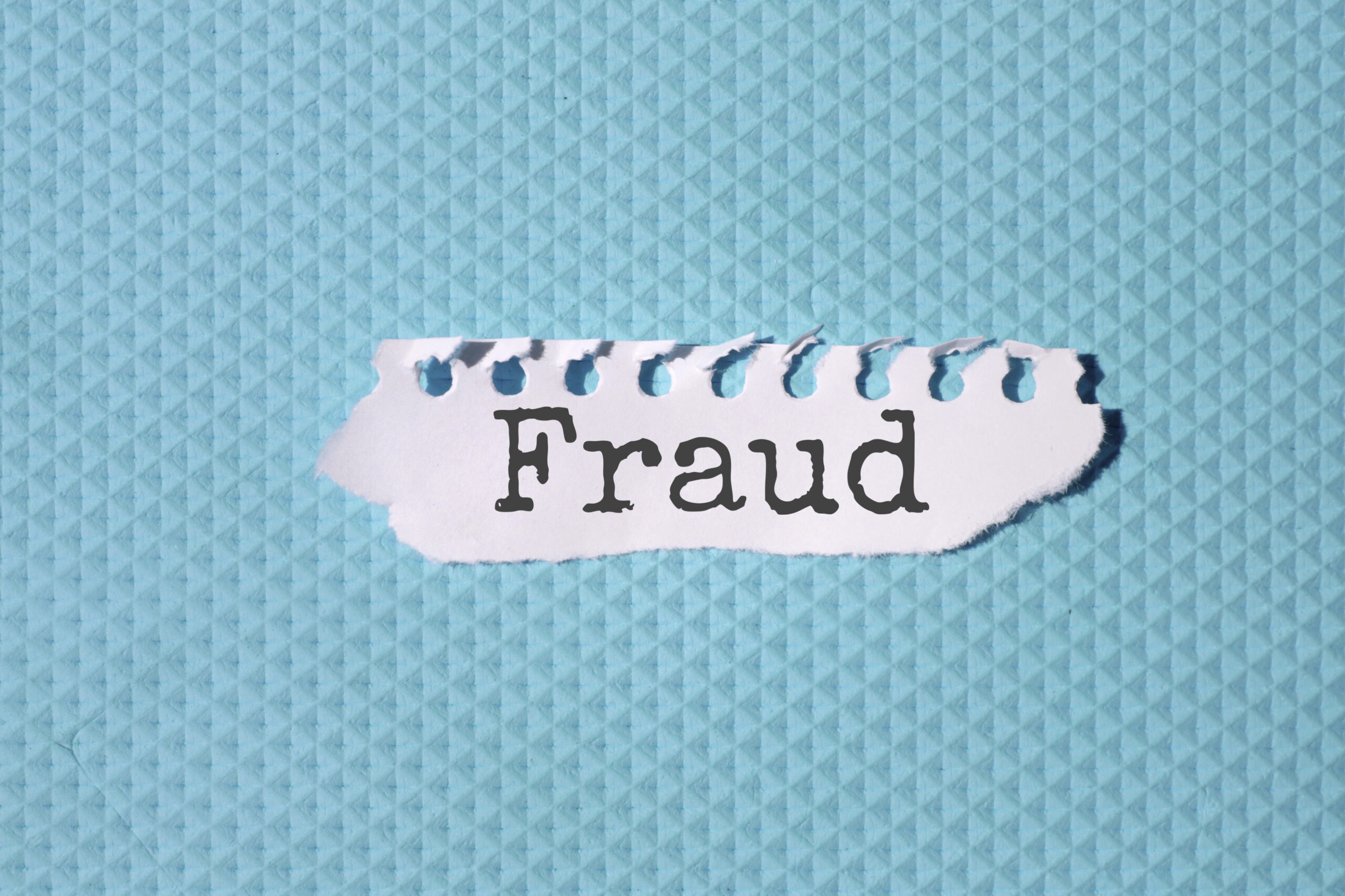
Medicare fraud and abuse is a huge problem in the United States. Every year, billions of dollars are wasted due to fraudulent activities by healthcare providers, patients, and suppliers. In this blog post, we will discuss what Medicare fraud and abuse are, and some of the most common types of fraud that occur. We will also talk about how to protect yourself from becoming a victim of Medicare fraud and abuse.
Why is Medicare Fraud So Bad?
One of the biggest reasons why Medicare fraud and abuse is such a problem is because it costs taxpayers billions of dollars every year. In 2017, the Department of Health and Human Services’ Office of Inspector General (OIG) found that $36 billion was lost to Medicare fraud and abuse. That’s more than $100 million per day!
Another reason why Medicare fraud and abuse is such a problem is that it can lead to higher healthcare costs for everyone. When providers commit fraud, they often bill Medicare for services that were never provided or were not medically necessary. This drives up the cost of healthcare for everyone involved.

What Are Some Common Types of Medicare Fraud?
There are many different types of Medicare fraud, but some of the most common include:
- Billing for services that were never provided
- Upcoding (billing for a more expensive service than was provided)
- Unbundling (billing for each component of service separately instead of billing for the service as a whole)
- Providing kickbacks (giving or receiving money or other items of value in exchange for referrals)
How Can I Protect Myself from Medicare Fraud and Abuse?
There are a few things you can do to protect yourself from becoming a victim of Medicare fraud and abuse:
- Know who you are dealing with. Be sure to verify the identity of anyone who contacts you claiming to be from Medicare.
- Never give your Medicare number to anyone who calls or comes to your door unsolicited.
- Guard your Medicare card like you would a credit card. Do not carry it with you unless you are going to use it.
- Be skeptical of free offers, especially if someone asks for your Medicare number or other personal information.
- Review your Medicare claims carefully. If you see something that you don’t understand, contact your doctor or the Medicare fraud hotline at 800-HHS-TIPS (800-447-7467).
If you think you may have been a victim of Medicare fraud, you should contact the Medicare fraud hotline at 800-HHS-TIPS (800-447-7467). You can also report fraud and abuse online at the OIG website.
What If You Committed Fraud Accidentally?
If you accidentally committed Medicare fraud (for example, if you incorrectly billed for a service), you should self-report it to the Centers for Medicare & Medicaid Services as soon as possible. You can find more information about self-reporting on the CMS website.
How Do You Prevent Yourself From Doing Fraud?
The best way to prevent yourself from committing Medicare fraud is to know the rules and regulations. You should also make sure that you understand your billing system so that you can correctly code for the services you provide. If you are unsure about anything, you can always ask your supervisor or contact Medicare directly.
Medicare fraud and abuse are serious problems that can lead to higher healthcare costs for everyone. If you suspect that someone is committing fraud, be sure to report it. You can also protect yourself by knowing who you are dealing with and being skeptical of free offers. Finally, make sure you understand the rules and regulations so that you can prevent yourself from accidentally committing fraud.
Here is Some Good News
While Medicare fraud and abuse are serious problems, there is some good news. In 2022 the OIG reported that “the level of improper payments in the Medicare Fee-for-Service program declined from an estimated 12.0 percent in 2020 to 11.0 percent in 2021” This decline represents a savings of $29 billion to the Medicare program.
The OIG also reported that “the vast majority of Fee-for-Service providers (98.0 percent) did not have any improper payments in 2022.” This is good news for the vast majority of providers who are doing things correctly.
In closing, work with people you trust. Give us a call we are always here to help.
